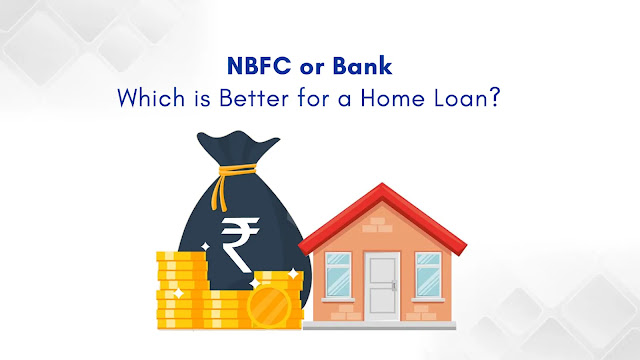
Planning to Renovate Your House? Opt for a Home Improvement Loan Home renovations can breathe new life into your living space, enhance comfort, and even increase your property’s value. However, funding these projects can often be a challenge. This is where a home improvement loan comes into play, providing you with the financial support needed to transform your home. In this blog, we’ll explore what a home improvement loan is, its benefits, types, and tips for securing one. What is a Home Improvement Loan? A home improvement loan is a type of financing specifically designed to fund renovations, repairs, or improvements to your home. Whether you're looking to upgrade your kitchen, remodel your bathroom, or enhance your home’s curb appeal, this loan can provide the necessary funds to get started. Benefits of a Home Improvement Loan Access to Funds : Home improvement loans provide the necessary capital to undertake significant renovation projects without depleting your savings. Incr...


.jpg)

